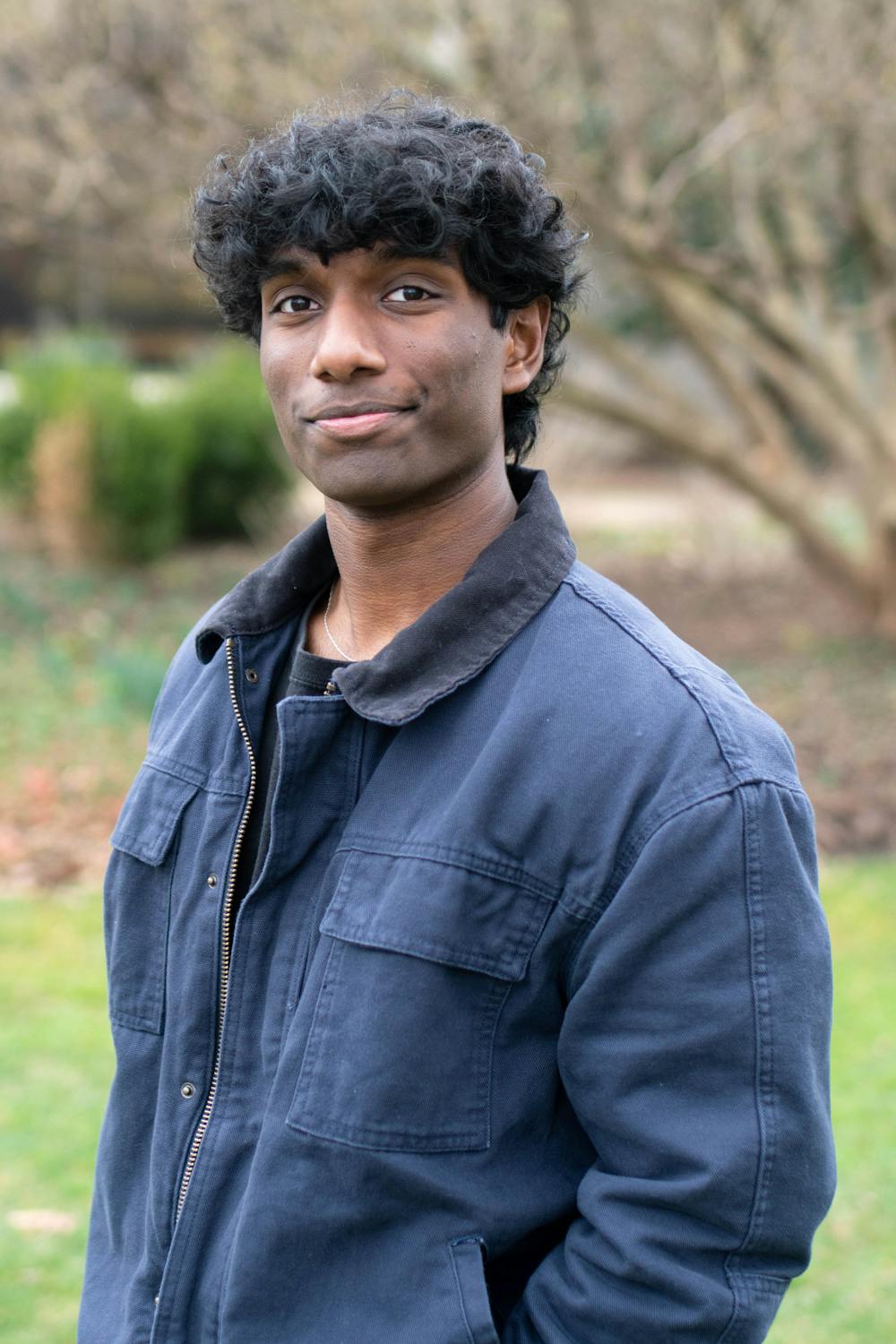This past year, my roommate and I would chat each night before going to bed. After saying good night, we would turn the lights off, but our room would never be fully dark, even with the curtains closed. We would both have trouble sleeping due to the light coming in from outside our dorm. To ensure students get an adequate amount of sleep, American University needs to cut down on light pollution on campus.
Cutting down light pollution on campus would allow students to have a more standard sleep schedule. Sleep schedules are commonly understood through circadian clocks, which are 24-hour cycles in which our brains use light to determine when we should feel tired. Current levels of light pollution on campus interfere with this, which could have negative health effects on students, including increasing rates of insomnia and depression. By addressing light pollution on campus, the University would directly benefit students’ overall health, which could benefit campus culture and studies.
Light pollution also negatively impacts nature since animals use light to guide functions such as migration. At American University, this phenomenon affects birds. Birds use light as a director when they migrate and artificial light disrupts this, causing hundreds of millions of bird deaths in the U.S. each year. Insects and reptiles are other animals affected by light pollution. American University has pledged its commitment to being green and supporting the environment, so cutting light pollution should be prioritized as a way for the University to maintain its commitment to nature.
Before looking at potential solutions for light pollution on campus, it is important to consider the main disadvantage: potentially endangering campus safety. If the University reduces the general amount of light on campus, there will be less visibility, potentially causing many students to feel unsafe when it is dark out. AU’s campus is currently well-lit, allowing students to walk around the main quad relatively safely, even when it is dark out. To address this disadvantage, the University can seek solutions to light pollution that only reduce the light that enters dorms, such as shielding lights and installing effective curtains.
Shielding current lights would maintain safety for those walking around campus while preventing stray light rays from entering the dorms of those trying to sleep. This would also decrease the effect of on-campus light pollution on animals. The University of Utah recently implemented light shielding to mitigate light pollution. As shown in the University of Utah’s efforts, shielding current lights is a low-cost, high-benefit solution to light pollution on campus.
AU could also install more effective curtains in residence halls to combat light pollution’s effect on student health. Letts Hall recently received new curtains that decrease the amount of light let in. As a former Letts Hall resident, I can say these curtains decrease light pollution’s impact, but they do not entirely block light from entering the dorms. Installing more effective curtains in residence halls would allow students to sleep more comfortably and keep a regular circadian rhythm. A generic blackout curtain from Ikea costs around $10, so installing these in each of Letts Hall’s around 300 rooms would only cost $3000. This is a relatively low-cost solution when considering the consequences of the issue.
While light pollution might seem insignificant compared with other issues like climate change or the University’s budget, it is important to consider its consequences. Light pollution is an issue that negatively affects both student health and the environment. Being an important issue with relatively low solution costs, more attention and urgency should be given to light pollution on the University’s campus.
Avyay Sriperumbudur is a sophomore in the School of Public Affairs and College of Arts and Sciences and a columnist for The Eagle.
This article was edited by Alana Parker, Rebeca Samano Arellano and Abigail Turner. Copy editing done by Luna Jinks and Charlie Mennuti.
opinion@theeagleonline.com





